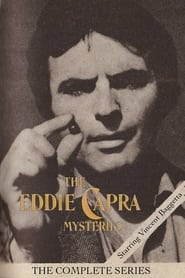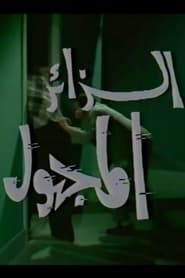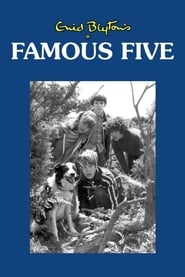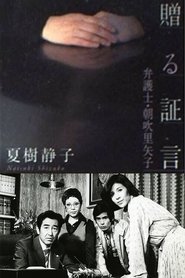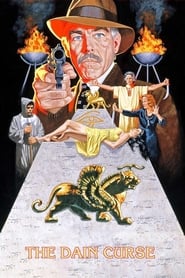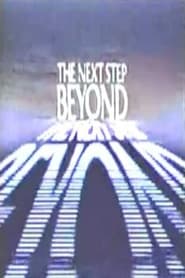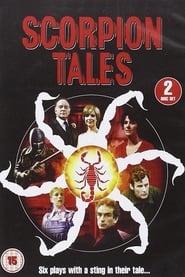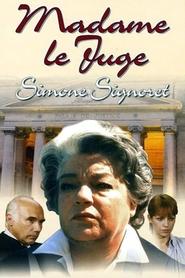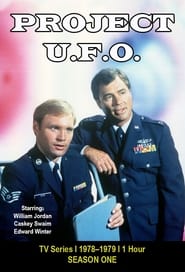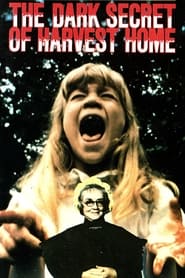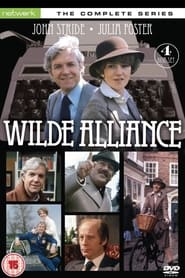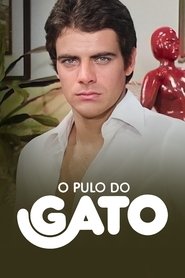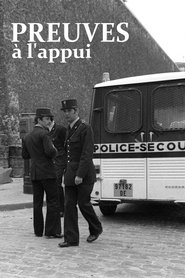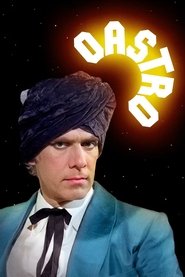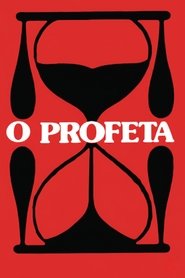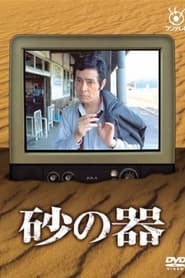New Mystery TV Series on Tub Tv - Page 325
-
الزائر المجهول
1978
الزائر المجهول
1978
-
The Famous Five
1978
The Famous Five
1978
star 7.2The Famous Five is a British television series based on the children's books of the same name by Enid Blyton. It was broadcast on ITV over two series in 1978 and 1979. It was produced by Southern Television in 26 half-hour episodes. -
Onna Bengoshi Asabuki Riyako
1978
A TV drama series aired on TV Asahi's Saturday Wide Gekijo based on Shizuko Natsuki's Bengoshi Asabuki Riyako series. -
The Dain Curse
1978
The Dain Curse
1978
star 6.2Hard-boiled private dick Hamilton Nash is hired to investigate a case of stolen diamonds, which leads him to a lovely and odd young woman named Gabrielle, who believes she has been stricken with the ancient curse of the Dain family. The curse has historically caused its victims to die prematurely. -
The Next Step Beyond
1978
The Next Step Beyond
1978
star 7An updated version of the popular series from the late 50's and early 60's, One Step Beyond. Still hosted by John Newland, this series looked for supposedly real stories of hauntings, strange creatures and supernatural phenomena, and produced dramatic re-creations of them for each new episode. Unlike its predecessor, this series did not attract much of an audience, and ended after only one season. -
Scorpion Tales
1978
Scorpion Tales
1978
star 6Scorpion Tales is a British anthology that aired on ITV in 1978, featuring one-off, hour-long plays with twist endings. Produced by ATV, the programme was similar in format to other thriller anthologies like Thriller and Sapphire & Steel. Each episode presented a self-contained story, often with a sinister or surprising conclusion, and starred actors such as Trevor Howard, David Robb, and Anthony Bate. -
Come Back, Lucy
1978
Come Back, Lucy
1978
star 6.3Young Lucy is bereaved and sent to live with her cousins. She makes a friend in Alice. But Alice has been dead for over a hundred years and wishes to drag Lucy back in time, to play with her for eternity. -
Kyukei no Koya
1978
Kyukei no Koya
1978
Based on novel 1962 "Kyukei no Koya" by Seicho Matsumoto. A serial murder occurs around the heroine Kumiko because she finds evidence that her father, who should have died, was "alive." Set in 1945, near the end of WW II, Kenichiro Nogami is reported to have died in a Swiss hospital. In fact, he is working behind the scenes to save Japan from destruction. For this cause, Kenichiro Nogami has left behind his wife and nation to work in hiding. -
Madame le Juge
1978
-
Project U.F.O.
1978
Project U.F.O.
1978
star 6.7Project U.F.O. is a NBC television series based loosely on the real-life Project Blue Book -
The Dark Secret of Harvest Home
1978
star 7.6A New York commercial artist and his wife and daughter move to a quiet, rustic New England village they visited during their travels, only to find themselves mixed up in ritualistic lifestyle full of foreboding secrets. -
Wilde Alliance
1978
Wilde Alliance
1978
star 5.5Wilde Alliance is a British television series created by Ian Mackintosh and produced by Yorkshire Television for the ITV network in 1978. The programme was a light-hearted mystery series about husband-and-wife amateur detectives Rupert and Amy Wilde. -
O Pulo do Gato
1978
-
Preuves à l'appui
1978
-
Ningen no Shōmei
1978
Ningen no Shōmei
1978
TV series produced by MBS and TOEI, based on the best-selling novel of the same name by Seiichi Morimura. -
Her Majesty's Petite Angie
1977
star 6Angie is a young girl, who on a one fine day finds herself on the traces of an evil robber. Being the very sharp and smart girl she is, she prevents a conspiracy against the Queen of England. She then finds a great interest in investigations, and as soon as something appears suspicious to her, she investigates it without any hesitation. She comes to the assistance of Scotland Yard and aids in the arrest of many gangsters and other pickpockets. Angie often teams-up with the “not-very-helpful” chief of the police force and his handsome assistant, Michael—who Angie admires—and her best friend friend Franck, to solve the hardest criminal cases. -
O Astro
1977
-
O Profeta
1977
-
Suna no Utsuwa
1977
 Netflix
Netflix
 Amazon Prime Video
Amazon Prime Video
 Apple iTunes
Apple iTunes
 Apple TV Plus
Apple TV Plus
 Disney Plus
Disney Plus
 Google Play Movies
Google Play Movies
 Paramount Plus
Paramount Plus
 Hulu
Hulu
 HBO Max
HBO Max
 YouTube
YouTube
 fuboTV
fuboTV
 Peacock
Peacock
 Peacock Premium
Peacock Premium
 Amazon Video
Amazon Video
 The Roku Channel
The Roku Channel
 AMC+
AMC+
 Kocowa
Kocowa
 Hoopla
Hoopla
 The CW
The CW
 Vudu
Vudu
 Starz
Starz
 Showtime
Showtime
 PBS
PBS
 Pantaflix
Pantaflix
 FXNow
FXNow
 Tubi TV
Tubi TV
 Kanopy
Kanopy
 Comedy Central
Comedy Central
 Crunchyroll
Crunchyroll
 Microsoft Store
Microsoft Store
 Redbox
Redbox
 Sun Nxt
Sun Nxt
 ABC
ABC
 DIRECTV
DIRECTV
 Crackle
Crackle
 Fandor
Fandor
 Plex
Plex
